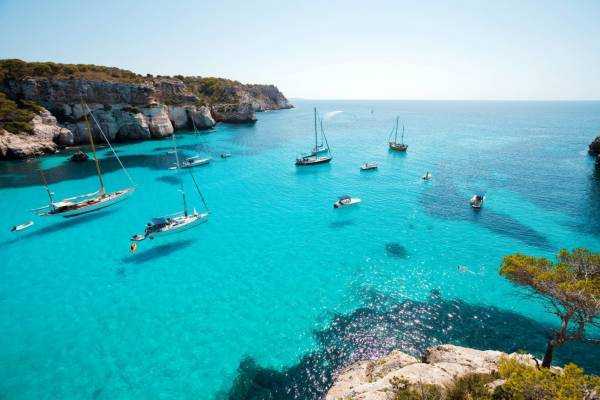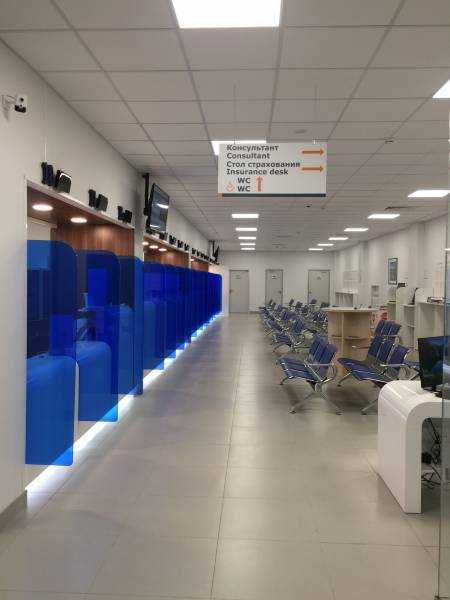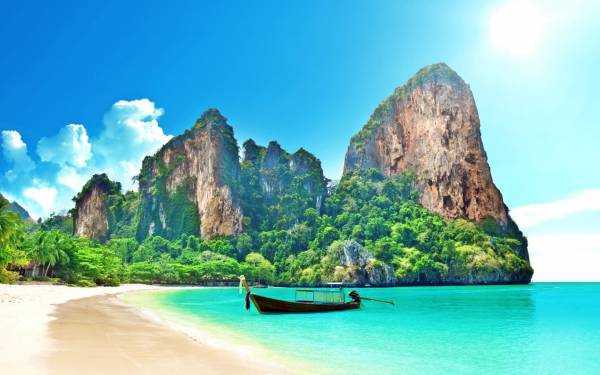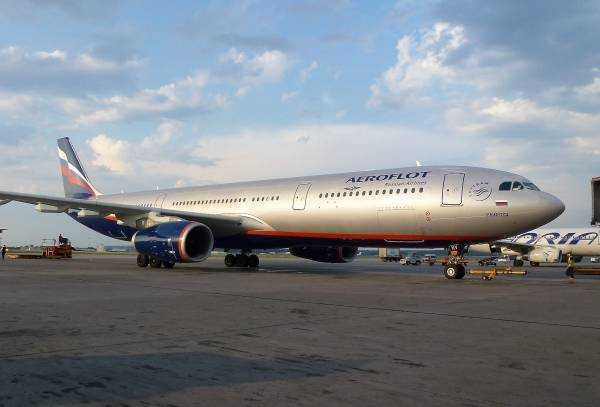
"We haven't seen a drop in demand for international travel due to the ruble devaluation. In fact, we've seen a 10% increase in sales every year. The only problem is that tourists are trying to pay for their tours as quickly as possible because they're wary of further exchange rate increases," he said. Pavel Lyshchenko, CEO of the Cruise Travel travel agency network, told the Interfax-Tourism portal.
The combined network of TBG and Hot Tours also sees no decline in demand for international travel. "We have seen no change in the volume of international tour bookings. When the dollar and euro appreciated, tourists rushed to pay for their trips as quickly as possible. Sales peaked in November," said Olga Ivanova, the company's PR director.
Aleksan Mkrtchyan, director of the Pink Elephant travel agency chain, agrees with his colleagues and doesn't see a decline in sales of international tours. "The average price for a week-long trip to Turkey for two is 60,000 rubles. If the dollar and euro rise by 6,000-8,000 rubles, then tours will cost 65,000-68,000 rubles. It seems significant, but in my experience, no one is willing to give up an international vacation because of such a difference," he said.
There may be a decline, but later.
A. Mkrtchyan believes that there will still be a decline in sales, but later, when the holiday season ends.
"The first half of August is peak sales and the peak vacation season, so those who were already planning their vacation will still go, while those who are just planning their vacation may postpone it. This may cause sales to drop slightly, but no more than by 10%," explained A. Mkrtchyan.
Earlier, the Russian Union of Travel Industry told Interfax-Tourism that tourists have become accustomed to fluctuations in the ruble exchange rate after its sharp fall in April, and are not reacting sharply to another decline.
Where are they going?
According to Cruise Travel, the most popular international destinations in August are Türkiye, Greece, and Tunisia. The top three in the "Last-Minute Tours" network include Turkey, Thailand, and the Indian state of Goa.
According to A. Mkrtchyan, among Russian summer destinations, the resorts of the Krasnodar Territory and Crimea traditionally lead, while among foreign destinations, Türkiye and Greece lead.
Air tickets are sold as usual.
International airfare sales haven't yet declined due to the weakening ruble. However, this weakening doesn't immediately impact airfare prices—according to booking services, prices are converted from euros to rubles every week on the night between Tuesday and Wednesday, and the ruble began to weaken against the dollar and euro on Wednesday, August 8.
"We're not currently seeing a decline in airfare sales. Perhaps the rising dollar will later impact the distribution of tourist flow, as it did during the 2014-2015 crisis. While previously half of all bookings were for domestic destinations, Russia's share has now grown to 751,333," said Janis Dzenis, PR Director of the Aviasales flight search service.
He urged those planning trips to buy tickets quickly to avoid price increases. The increase will be particularly noticeable for international flights, although domestic routes may also be affected.
It was previously reported that the average domestic flight ticket in Russia in August-September had already increased by 22% compared to the same period last year, while the average international flight ticket had increased by 35%. This is due to rising aviation fuel costs following the rise in oil prices.
On August 8, the US State Department announced that the US administration had concluded that Russia was involved in the use of a toxic chemical agent in the assassination attempt on Sergei and Yulia Skripal in March of this year. Consequently, the US will begin imposing sanctions against Russia. Amid reports of sanctions being prepared, the ruble began to fall against the dollar and euro. The official euro-to-ruble exchange rate set by the Central Bank of the Russian Federation for Tuesday reached 77.6 rubles, while the dollar increased to 68.2234 rubles. Since August 8, the dollar has risen by 6.71%, while the euro has risen by 6.11%.
Source: tourism.interfax.ru













